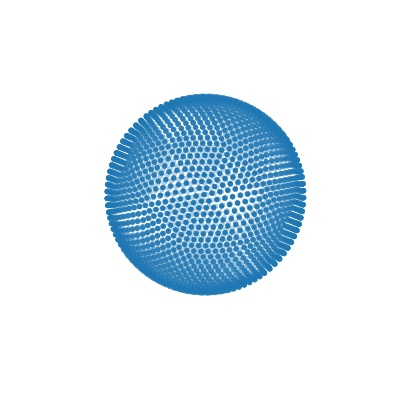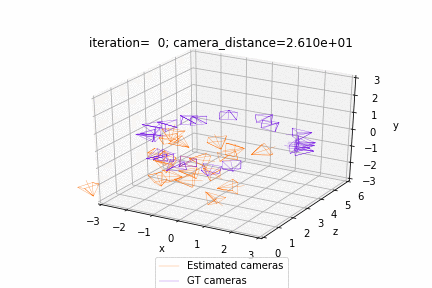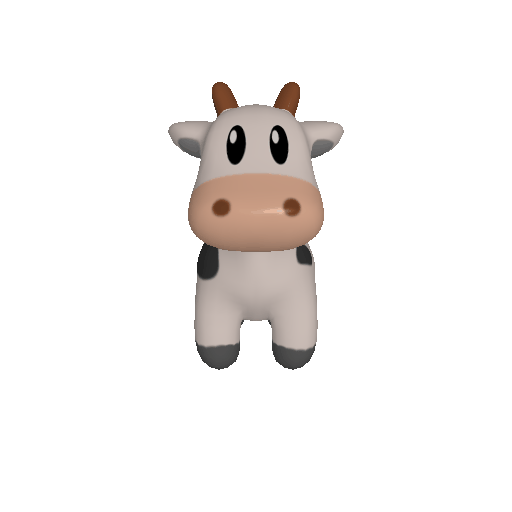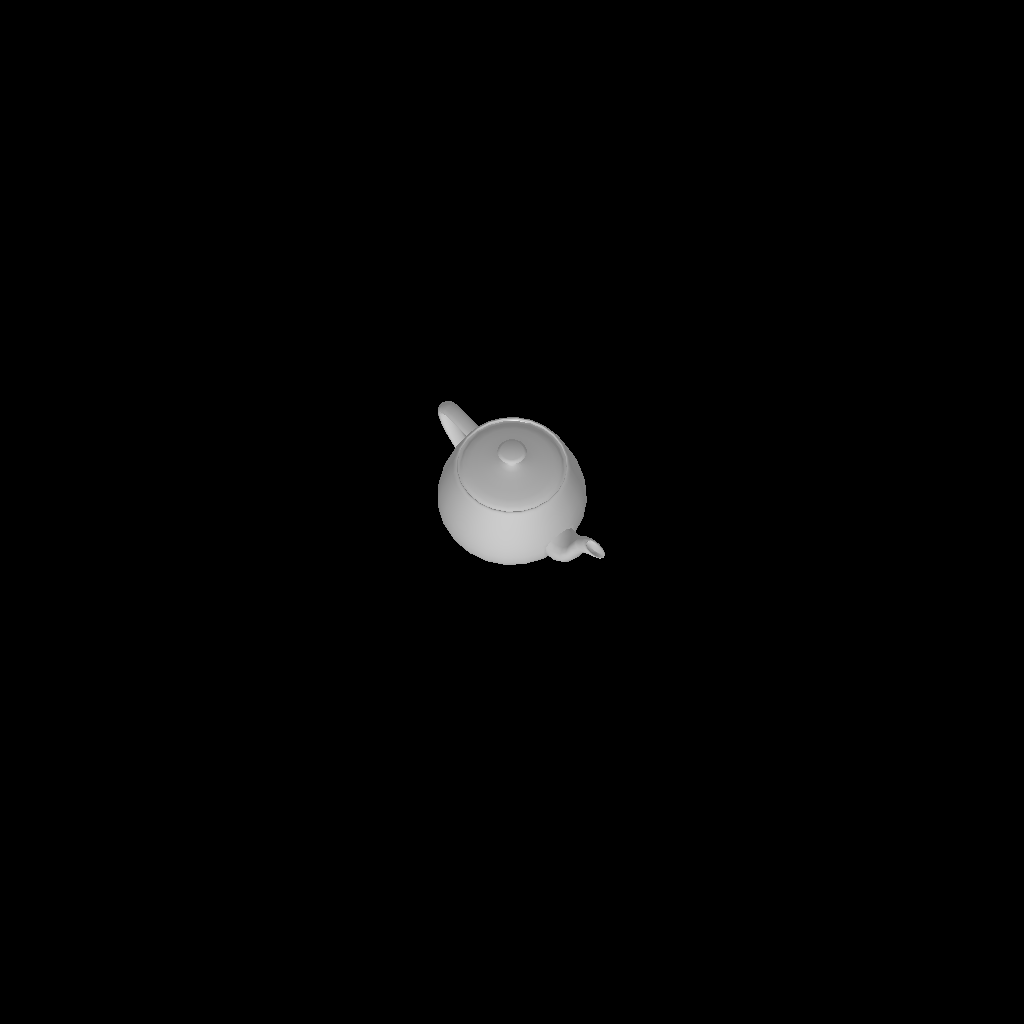Summary: Implementation of point to mesh distances. The current diff contains two types: (a) Point to Edge (b) Point to Face ``` Benchmark Avg Time(μs) Peak Time(μs) Iterations -------------------------------------------------------------------------------- POINT_MESH_EDGE_4_100_300_5000_cuda:0 2745 3138 183 POINT_MESH_EDGE_4_100_300_10000_cuda:0 4408 4499 114 POINT_MESH_EDGE_4_100_3000_5000_cuda:0 4978 5070 101 POINT_MESH_EDGE_4_100_3000_10000_cuda:0 9076 9187 56 POINT_MESH_EDGE_4_1000_300_5000_cuda:0 1411 1487 355 POINT_MESH_EDGE_4_1000_300_10000_cuda:0 4829 5030 104 POINT_MESH_EDGE_4_1000_3000_5000_cuda:0 7539 7620 67 POINT_MESH_EDGE_4_1000_3000_10000_cuda:0 12088 12272 42 POINT_MESH_EDGE_8_100_300_5000_cuda:0 3106 3222 161 POINT_MESH_EDGE_8_100_300_10000_cuda:0 8561 8648 59 POINT_MESH_EDGE_8_100_3000_5000_cuda:0 6932 7021 73 POINT_MESH_EDGE_8_100_3000_10000_cuda:0 24032 24176 21 POINT_MESH_EDGE_8_1000_300_5000_cuda:0 5272 5399 95 POINT_MESH_EDGE_8_1000_300_10000_cuda:0 11348 11430 45 POINT_MESH_EDGE_8_1000_3000_5000_cuda:0 17478 17683 29 POINT_MESH_EDGE_8_1000_3000_10000_cuda:0 25961 26236 20 POINT_MESH_EDGE_16_100_300_5000_cuda:0 8244 8323 61 POINT_MESH_EDGE_16_100_300_10000_cuda:0 18018 18071 28 POINT_MESH_EDGE_16_100_3000_5000_cuda:0 19428 19544 26 POINT_MESH_EDGE_16_100_3000_10000_cuda:0 44967 45135 12 POINT_MESH_EDGE_16_1000_300_5000_cuda:0 7825 7937 64 POINT_MESH_EDGE_16_1000_300_10000_cuda:0 18504 18571 28 POINT_MESH_EDGE_16_1000_3000_5000_cuda:0 65805 66132 8 POINT_MESH_EDGE_16_1000_3000_10000_cuda:0 90885 91089 6 -------------------------------------------------------------------------------- Benchmark Avg Time(μs) Peak Time(μs) Iterations -------------------------------------------------------------------------------- POINT_MESH_FACE_4_100_300_5000_cuda:0 1561 1685 321 POINT_MESH_FACE_4_100_300_10000_cuda:0 2818 2954 178 POINT_MESH_FACE_4_100_3000_5000_cuda:0 15893 16018 32 POINT_MESH_FACE_4_100_3000_10000_cuda:0 16350 16439 31 POINT_MESH_FACE_4_1000_300_5000_cuda:0 3179 3278 158 POINT_MESH_FACE_4_1000_300_10000_cuda:0 2353 2436 213 POINT_MESH_FACE_4_1000_3000_5000_cuda:0 16262 16336 31 POINT_MESH_FACE_4_1000_3000_10000_cuda:0 9334 9448 54 POINT_MESH_FACE_8_100_300_5000_cuda:0 4377 4493 115 POINT_MESH_FACE_8_100_300_10000_cuda:0 9728 9822 52 POINT_MESH_FACE_8_100_3000_5000_cuda:0 26428 26544 19 POINT_MESH_FACE_8_100_3000_10000_cuda:0 42238 43031 12 POINT_MESH_FACE_8_1000_300_5000_cuda:0 3891 3982 129 POINT_MESH_FACE_8_1000_300_10000_cuda:0 5363 5429 94 POINT_MESH_FACE_8_1000_3000_5000_cuda:0 20998 21084 24 POINT_MESH_FACE_8_1000_3000_10000_cuda:0 39711 39897 13 POINT_MESH_FACE_16_100_300_5000_cuda:0 5955 6001 84 POINT_MESH_FACE_16_100_300_10000_cuda:0 12082 12144 42 POINT_MESH_FACE_16_100_3000_5000_cuda:0 44996 45176 12 POINT_MESH_FACE_16_100_3000_10000_cuda:0 73042 73197 7 POINT_MESH_FACE_16_1000_300_5000_cuda:0 8292 8374 61 POINT_MESH_FACE_16_1000_300_10000_cuda:0 19442 19506 26 POINT_MESH_FACE_16_1000_3000_5000_cuda:0 36059 36194 14 POINT_MESH_FACE_16_1000_3000_10000_cuda:0 64644 64822 8 -------------------------------------------------------------------------------- ``` Reviewed By: jcjohnson Differential Revision: D20590462 fbshipit-source-id: 42a39837b514a546ac9471bfaff60eefe7fae829

Introduction
PyTorch3D provides efficient, reusable components for 3D Computer Vision research with PyTorch.
Key features include:
- Data structure for storing and manipulating triangle meshes
- Efficient operations on triangle meshes (projective transformations, graph convolution, sampling, loss functions)
- A differentiable mesh renderer
PyTorch3D is designed to integrate smoothly with deep learning methods for predicting and manipulating 3D data. For this reason, all operators in PyTorch3D:
- Are implemented using PyTorch tensors
- Can handle minibatches of hetereogenous data
- Can be differentiated
- Can utilize GPUs for acceleration
Within FAIR, PyTorch3D has been used to power research projects such as Mesh R-CNN.
Installation
For detailed instructions refer to INSTALL.md.
License
PyTorch3D is released under the BSD-3-Clause License.
Tutorials
Get started with PyTorch3D by trying one of the tutorial notebooks.
 |
 |
|---|---|
| Deform a sphere mesh to dolphin | Bundle adjustment |
 |
 |
|---|---|
| Render textured meshes | Camera position optimization |
Documentation
Learn more about the API by reading the PyTorch3D documentation.
We also have deep dive notes on several API components:
Development
We welcome new contributions to PyTorch3D and we will be actively maintaining this library! Please refer to CONTRIBUTING.md for full instructions on how to run the code, tests and linter, and submit your pull requests.
Contributors
PyTorch3D is written and maintained by the Facebook AI Research Computer Vision Team.
Citation
If you find PyTorch3D useful in your research, please cite:
@misc{ravi2020pytorch3d,
author = {Nikhila Ravi and Jeremy Reizenstein and David Novotny and Taylor Gordon
and Wan-Yen Lo and Justin Johnson and Georgia Gkioxari},
title = {PyTorch3D},
howpublished = {\url{https://github.com/facebookresearch/pytorch3d}},
year = {2020}
}